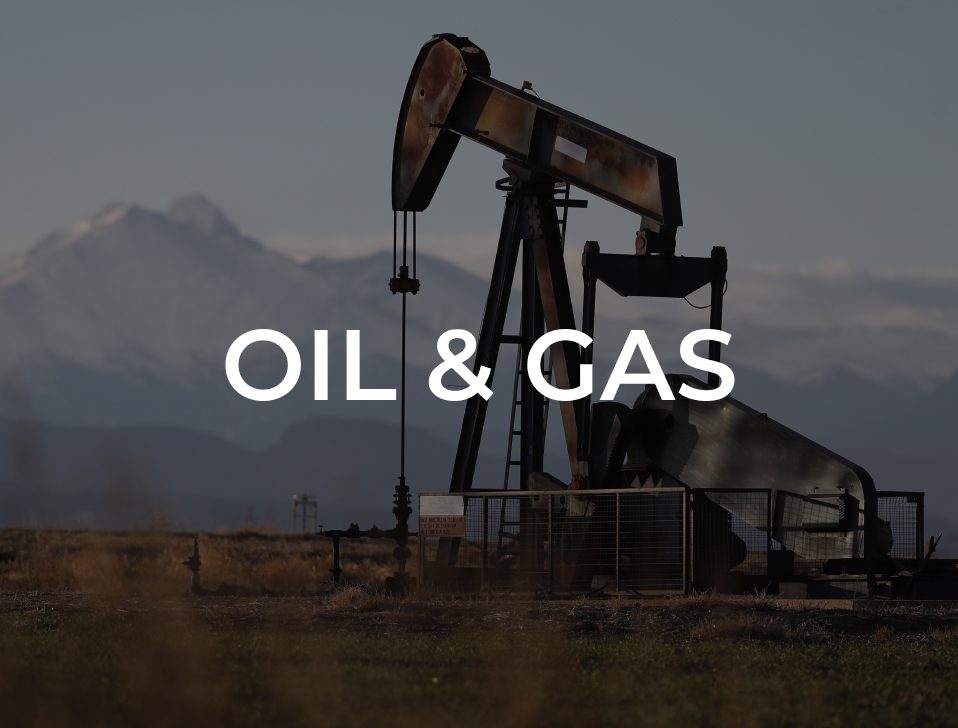Introduction
Over the years it has been shown that trade between nations facilitates and promotes economic growth and development. A report by the World Bank (2020) on the economic and distributional effects of the African Continental Free Trade Area (AfCFTA) highlighted that intra-African trade is one of the best responses Africa has to eradicating challenges such as poverty and hunger. Intra-African trade, simply trade among the countries in the continent, not only provides opportunities for businesses to grow, but also expands the African economy through diversification and inclusion. Therefore, the AfCFTA will speed up economic growth and development. According to Brookings report (2019), intra-regional trade accounts for 17%% of Africa’s exports compared to 59% in Asia and 69% in Europe. Manufactured goods also play a minute role in Africa’s exports compared to other regions, highlighting the continent’s limited integration into global value chains. It also indicates the absence of regional value chains and challenges of cross-border trade in the continent. This reality informed the promotion of the AfCFTA by the African Union Commission (AUC) as a strategy to boost inter-Africa trade that will support durable economic growth and development of the continent.
Overview of the AfCFTA
The AfCFTA Agreement entered into force on 30 May 2019 after attaining the required minimum of 22 countries deposited their instruments of ratification. According to Article 23 of the Agreement, entry into force occurs 30 days after the 22nd instrument of ratification is deposited with the Chairperson of the African Union Commission (AUC).
The main objectives of the Agreement are to create a single continental market for goods and services, with free movement of business persons and investments, and thus pave the way for accelerating the establishment of the Customs Union. It also aims at expanding intra-African trade through better harmonization and coordination of trade liberalization, trade facilitation and policy instruments across the Regional Economic Communities (RECs) and across African countries in general. The AfCFTA is also expected to enhance competitiveness at the industry and enterprise levels through the exploitation of opportunities for scale production, continental market access and better reallocation of resources.
The Agreement will bring together all 55 member states of the African Union covering a market of more than 1.2 billion people, including a growing middle class, and a combined gross domestic product (GDP) of more than US$3.4 trillion. In terms of numbers of participating countries, the AfCFTA will be the world’s largest free trade area since the formation of the World Trade Organization. Estimates from the Economic Commission for Africa (UNECA) suggest that the AfCFTA has the potential both to boost intra-African trade by 52.3% by eliminating import duties, and to double this trade if non-tariff barriers are also reduced. AfCFTA is estimated to increase intra-African trade by $35billion annually or 52% by 2022, averaging 50% intra-African trade between now and the year 2030.
According to a Brookings Institute publication (2019), African industries have the opportunity to double production to nearly $1 trillion within a decade, with three-quarters of that growth coming from manufacturing to substitute third country imports and meet increasing local demand. A study by the World Bank (2020) estimated that, if well implemented, by 2035 the AfCFTA is set to lift 30 million Africans out of extreme poverty and 68 million from moderate poverty.
AfCFTA and African Energy, Oil and Gas Industry
Until recently when African energy, oil and gas producing countries started adopting local content policy frameworks, the industry was largely foreign dominated as trade was in import of refined products and export of crude products with limited local value addition. The low level of intra-Africa trade in energy oil and gas can be glimpsed from the experience of Nigeria, the major oil and gas producer and largest economy in the continent. Nigeria mainly trades with South Africa (46% of total intra-Africa trade), Ivory Coast (15%), Togo (12%) and Senegal (7%). South Africa is Nigeria’s main African trading partner (both as destination and source market). Between 2017 and 2018 Nigeria’s trade with countries outside ECOWAS account for 55% and 83% of intra-Africa exports and imports respectively. Intra-ECOWAS exports account for 45% of Nigeria’s intra-Africa exports and for only 16% of intra-Africa imports. The composition exports were mainly crude petroleum, electricity (2%) and gas (1%).
AfCFTA will increase energy, oil and gas foreign investment in Africa. It is expected to trigger changes to the industry’s value proposition for investors by providing a larger market with lower risk. By providing a single market with reduced cross border barriers, investors can undertake larger investment projects on a regional rather than mere national scale. Prior to AfCFTA, approximately 25% of all intra-African exports in 2017 were for oil, gas and electrical energy. Now, with the economies of scale available for regional power projects, it can reasonably be expected that the power export market would expand markedly. The anticipated prospect of regional power solutions is already attracting increased investment in African power projects, which would have been unfeasible prior to AfCFTA. For example, Botswana and Namibia are developing a huge 5000MW solar project to provide and trade power with 12 neighboring countries. Supported in part by US Power Africa program and other members of the World Economic Forum. This project will create investment opportunity for goods and services along the program’s value chain.
The Agreement could also be the answer to the problem that most African oil and gas producers are facing as a result of the low global demand for oil and gas products. Recently, some producing countries have been encountering difficulties in selling their products in the international oil and gas market. Nigeria’s national oil company reported, early in the year, that the country had about 50 cargoes of crude oil that have not found landing, adding that this implies that there are no offtakers and over 12 stranded LNG cargoes due to drop in global demand as a result of the COVID-19 pandemic. The report added that the stranded LNG cargoes had no hope of being purchased because there is abrupt collapse in demand associated with the outbreak of coronavirus and the self-sufficiency of traditional oil and gas export destinations such as the USA.
AfCFTA also promises to change the value proposition for investment by reducing risk. In addition to reducing costs from tariffs and non-trade barriers, it could provide a protocol for the reasonable resolution of investor-state disputes. This protocol, presently anticipated to be delivered and adopted by June of 2020, should make investment with African countries, particularly in capital intensive oil and power sector, less risky for the investors and for African countries. Before AfCFTA, in addition to normal business risk, investment in Africa’s oil, gas and power industries was subject to a host of additional risks, ranging from post contract regulation or taxation to outright expropriation.
Conclusion
The Agreement is a major opportunity for Africa, but implementation poses a significant challenge because it will need substantial policy reforms at the national levels to eliminate non-tariff barriers. If the challenges of implementation is well taken care of, the Agreement could be a response to Africa’s developmental challenges and the transformation of the continental economy as well as strengthen its trading position in the global market and promote inclusive growth. It has the potential to enable Africa to significantly boost intra-Africa trade and to improve economies of scale through an integrated market. It has the potential to be a catalyst for industrial development, placing Africa on a path to exporting value-added products and improving Africa’s competitiveness both in its own markets and globally. It also sends a strong signal to the international investor community that Africa is open for business, based on a single rule-book for trade and investment.
For the energy, oil and gas industry, AfCFTA would, no doubt, expand access to regional market for products and increase the volume of formal inter-Africa trade. It can also reduce investment risks and informal trading among countries. It could also promote joint investment by African countries in energy, oil and gas products and services for developing the value chains and boost economies of scale within the industry. The expanded market will make the energy, oil and gas industry more attractive to foreign investors to participate and provide the needed investment capital for the development of the capital-intensive industry. Recent evidence by UNECA shows that when African countries trade with themselves they exchange more manufactured and processed goods, have more knowledge transfer, and create more value. The implementation of local content policies in the energy, oil and gas industry by African producing countries could also boost technology transfers and human capacity development that would be needed for the industry to effectively benefit from the implementation of Agreement.

